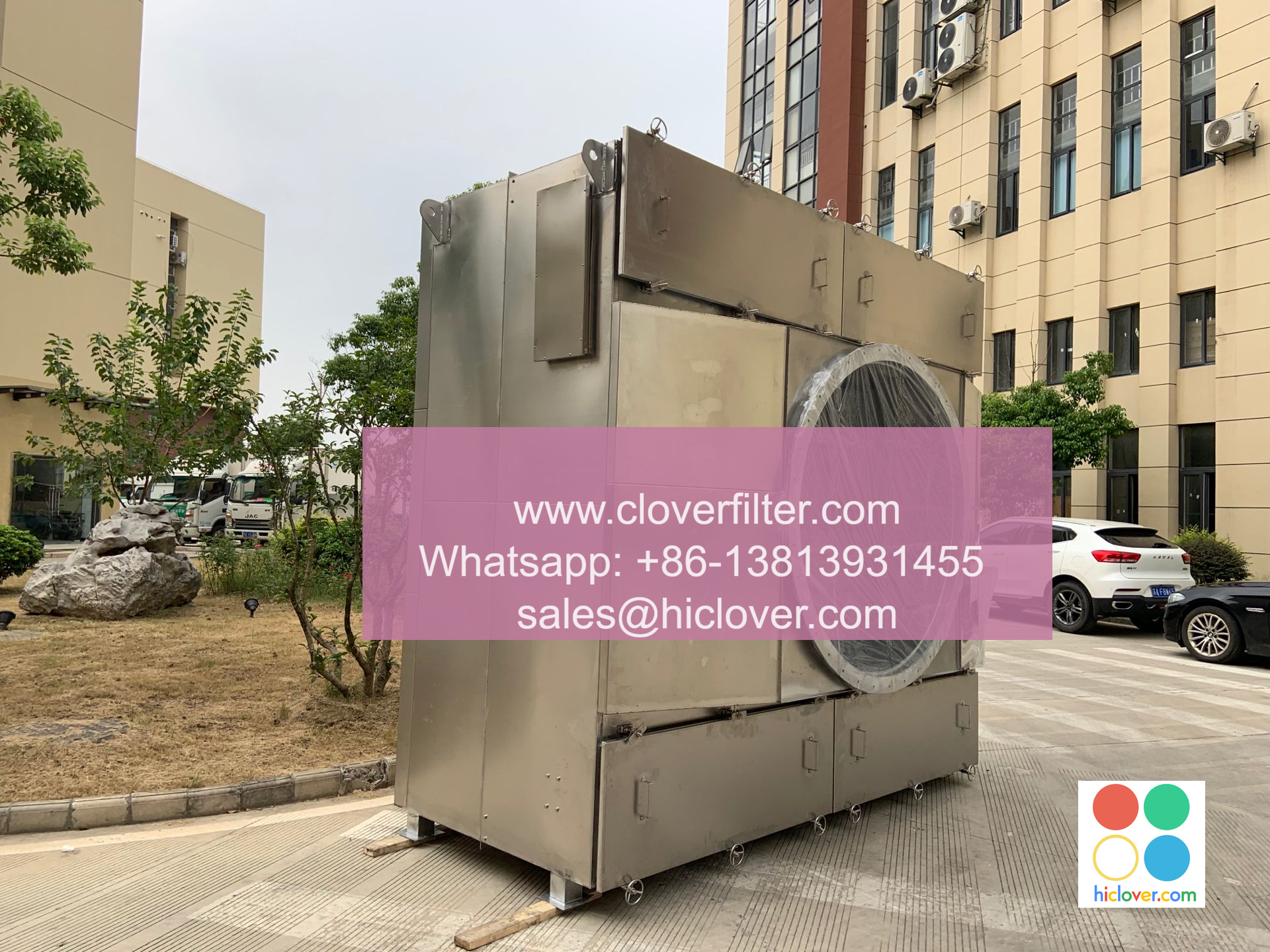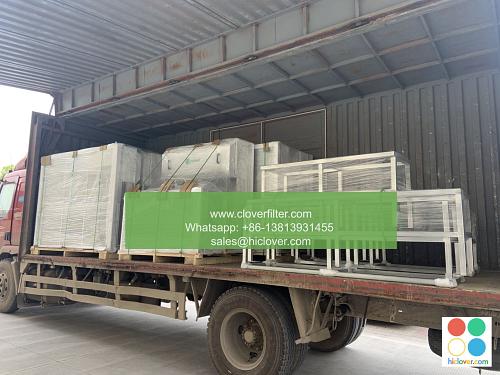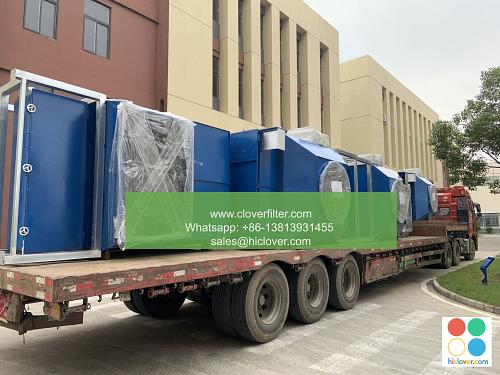British Columbia Cleanroom Facilities: The Importance of Automatic Roll Air Filter Maintenance

British Columbia is known for its thriving tech industry, with many companies specializing in fields such as biotechnology, pharmaceuticals, and advanced manufacturing. These industries often require the use of cleanroom facilities, which are controlled environments that maintain extremely low levels of dust, humidity, and other contaminants. Cleanrooms are essential for ensuring the quality and purity of products, as well as preventing contamination and ensuring operator safety. One critical component of cleanroom facilities is the automatic roll air filter, which plays a vital role in maintaining the cleanliness and air quality within these environments.
Automatic roll air filters are designed to capture particles and contaminants from the air, preventing them from entering the cleanroom and compromising the products being manufactured. These filters are typically installed in the cleanroom’s HVAC system and are designed to automatically roll out new filter media as the old media becomes saturated with particles. This ensures a consistent level of air quality and prevents the buildup of contaminants within the cleanroom. However, like any other component of a cleanroom facility, automatic roll air filters require regular maintenance to ensure they continue to function effectively.
The importance of automatic roll air filter maintenance cannot be overstated. If these filters are not properly maintained, they can become less effective at capturing particles, allowing contaminants to enter the cleanroom and compromise the products being manufactured. This can result in a range of problems, including reduced product quality, increased risk of contamination, and even operator safety issues. Furthermore, failing to maintain automatic roll air filters can also lead to increased energy consumption, as the HVAC system works harder to compensate for the reduced air quality. This can result in higher operating costs and a increased environmental impact.
So, what does automatic roll air filter maintenance entail? Typically, this involves regular inspections of the filter media to ensure it is not damaged or saturated with particles. The filter media should be replaced or rolled out as needed, and the filter housing and other components should be cleaned and inspected for damage. Additionally, the HVAC system should be checked to ensure it is functioning properly and providing the correct airflow and pressure. By performing these maintenance tasks on a regular basis, cleanroom facilities can ensure their automatic roll air filters continue to function effectively and maintain the high level of air quality required for their operations.
In addition to regular maintenance, it is also important for cleanroom facilities to follow proper installation and commissioning procedures for their automatic roll air filters. This includes ensuring the filters are installed correctly and functioning as intended, as well as verifying the HVAC system is providing the correct airflow and pressure. By following these procedures, cleanroom facilities can ensure their automatic roll air filters are functioning effectively from the outset and providing the high level of air quality required for their operations.
In British Columbia, there are many companies that specialize in the design, construction, and maintenance of cleanroom facilities. These companies often have extensive experience working with automatic roll air filters and can provide expert guidance on maintenance and installation procedures. By partnering with these companies, cleanroom facilities can ensure their automatic roll air filters are functioning effectively and providing the high level of air quality required for their operations.
In conclusion, automatic roll air filters play a critical role in maintaining the cleanliness and air quality within cleanroom facilities. Regular maintenance is essential to ensure these filters continue to function effectively and prevent contaminants from entering the cleanroom. By following proper maintenance and installation procedures, cleanroom facilities can ensure their automatic roll air filters are providing the high level of air quality required for their operations. Whether you are designing a new cleanroom facility or maintaining an existing one, it is essential to prioritize the maintenance and upkeep of your automatic roll air filters.
FAQs
- What is the purpose of automatic roll air filters in cleanroom facilities? Automatic roll air filters are designed to capture particles and contaminants from the air, preventing them from entering the cleanroom and compromising the products being manufactured.
- Why is regular maintenance of automatic roll air filters important? Regular maintenance is essential to ensure the filters continue to function effectively and prevent contaminants from entering the cleanroom. If the filters are not properly maintained, they can become less effective at capturing particles, allowing contaminants to enter the cleanroom and compromise the products being manufactured.
- What does automatic roll air filter maintenance entail? Automatic roll air filter maintenance typically involves regular inspections of the filter media to ensure it is not damaged or saturated with particles. The filter media should be replaced or rolled out as needed, and the filter housing and other components should be cleaned and inspected for damage.
- How often should automatic roll air filters be maintained? The frequency of maintenance will depend on the specific cleanroom facility and the type of products being manufactured. However, as a general rule, automatic roll air filters should be inspected and maintained on a regular basis, such as every 1-3 months.
- What are the consequences of failing to maintain automatic roll air filters? Failing to maintain automatic roll air filters can result in a range of problems, including reduced product quality, increased risk of contamination, and even operator safety issues. Additionally, failing to maintain the filters can also lead to increased energy consumption and higher operating costs.


